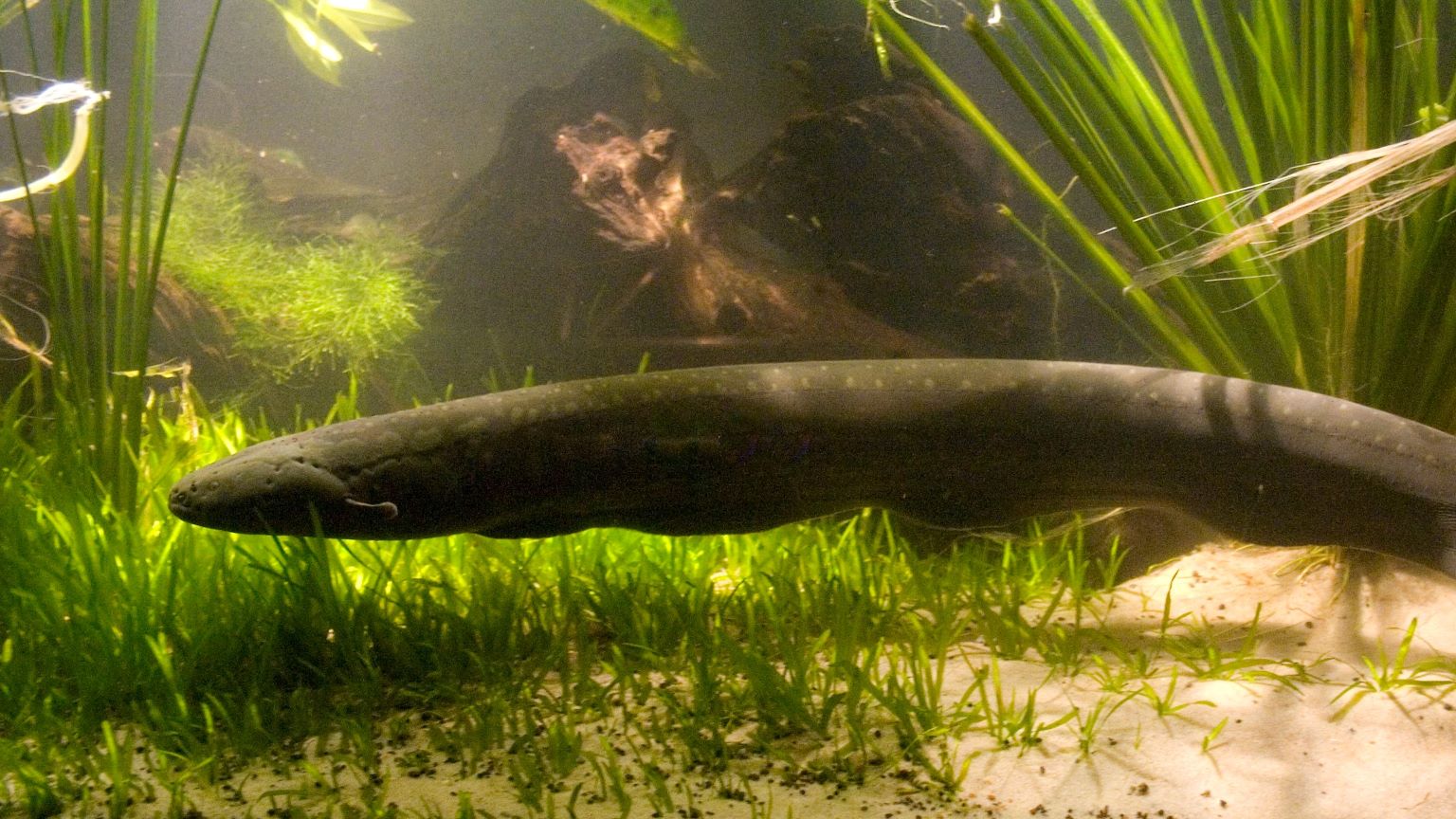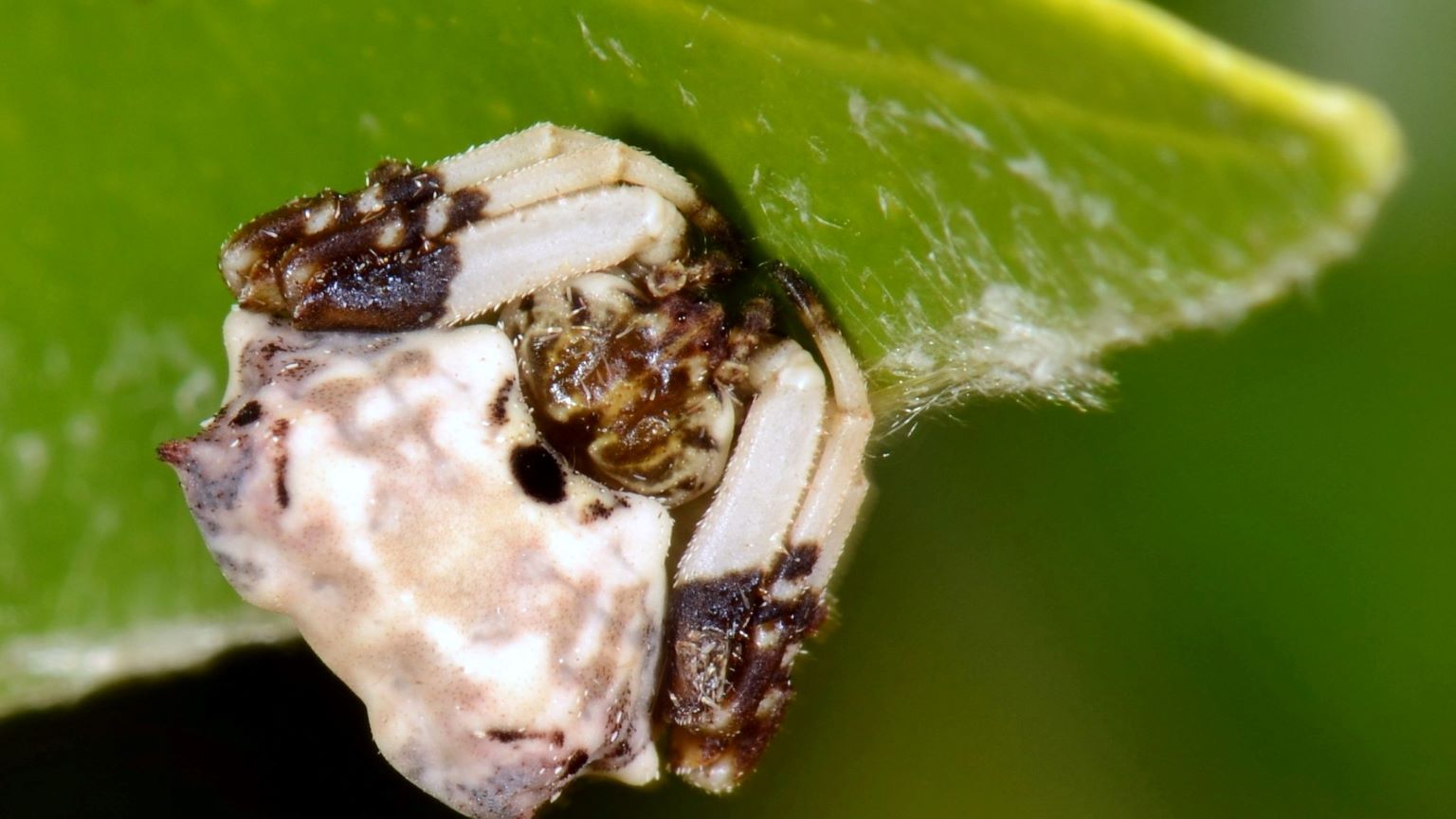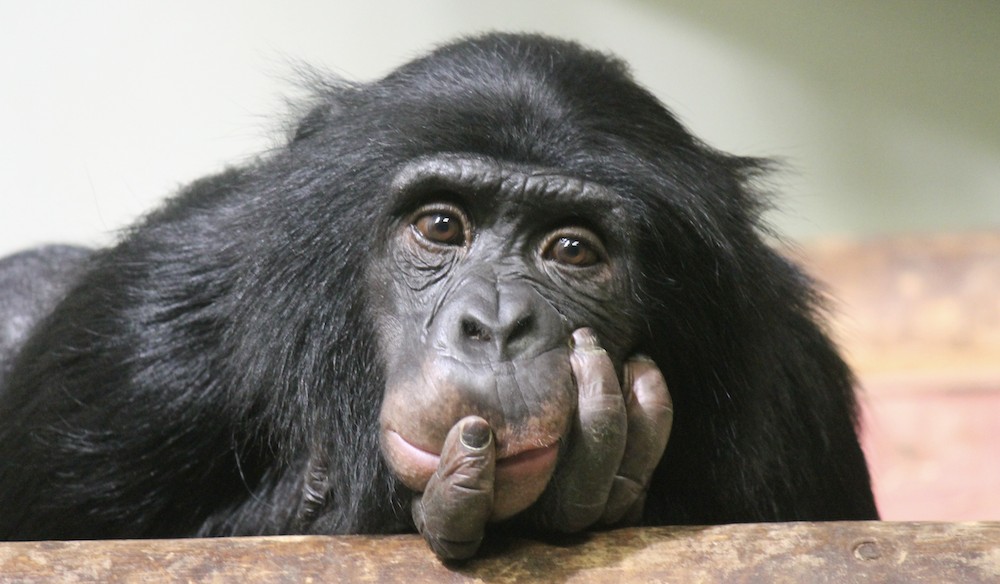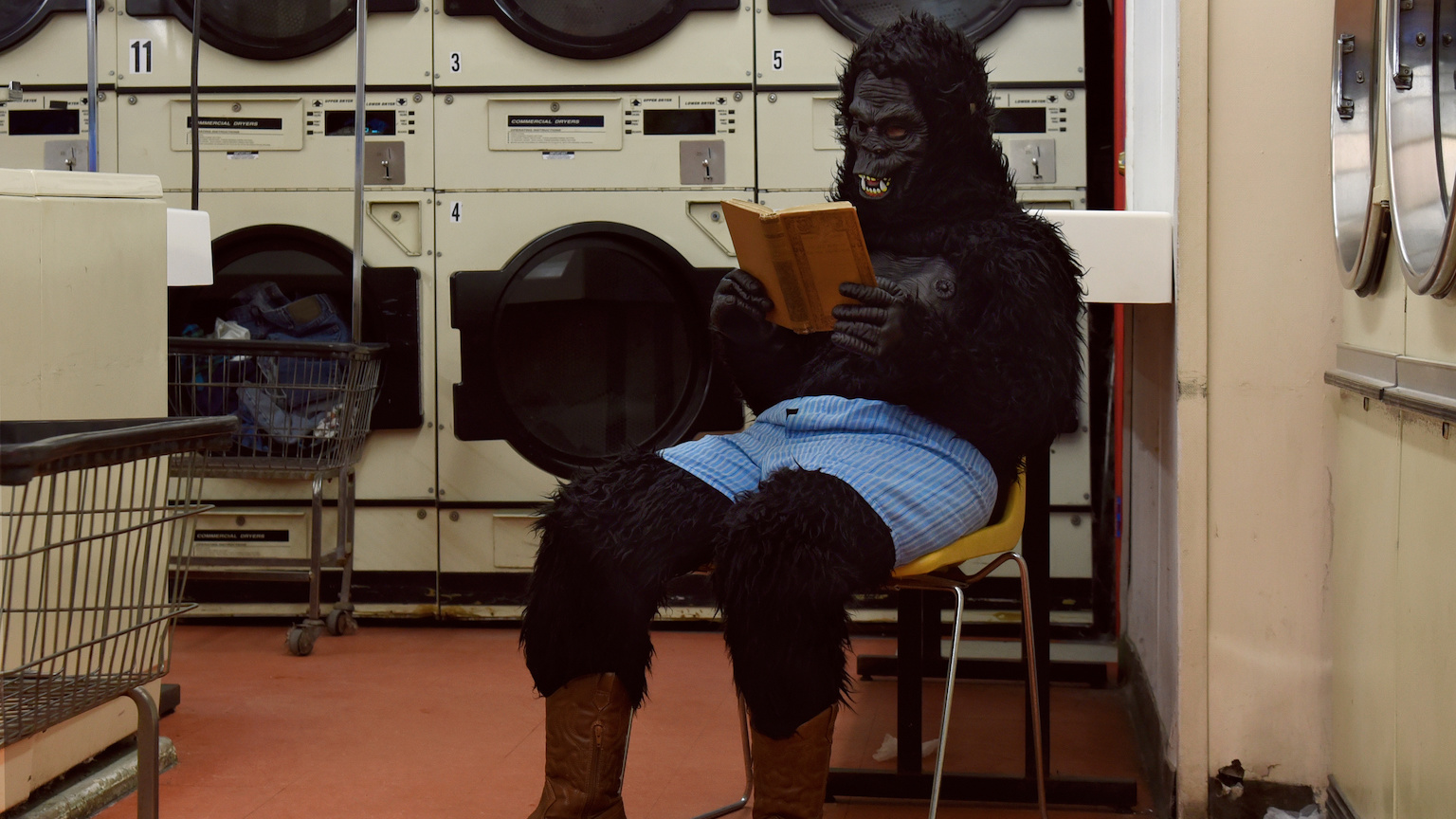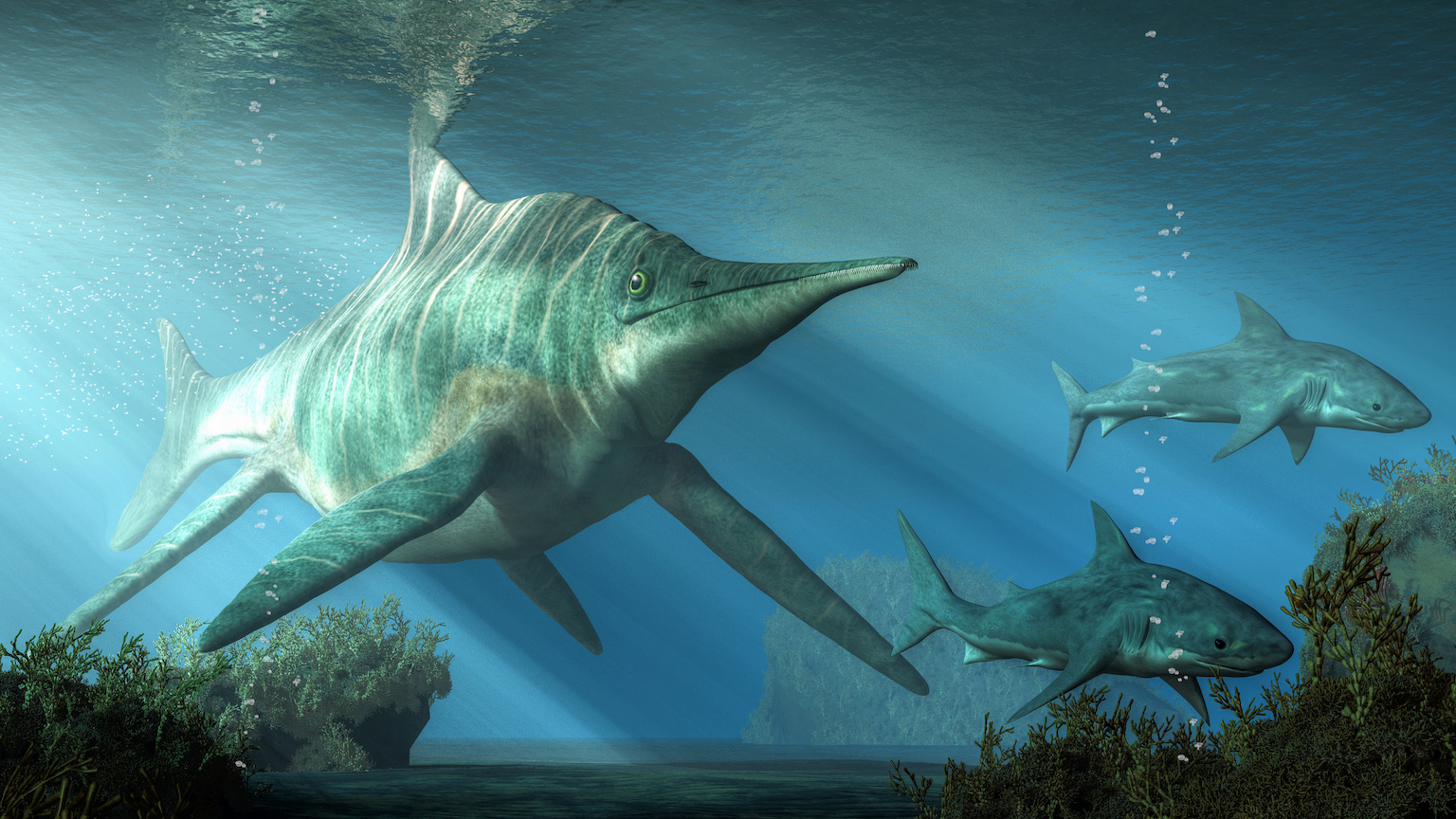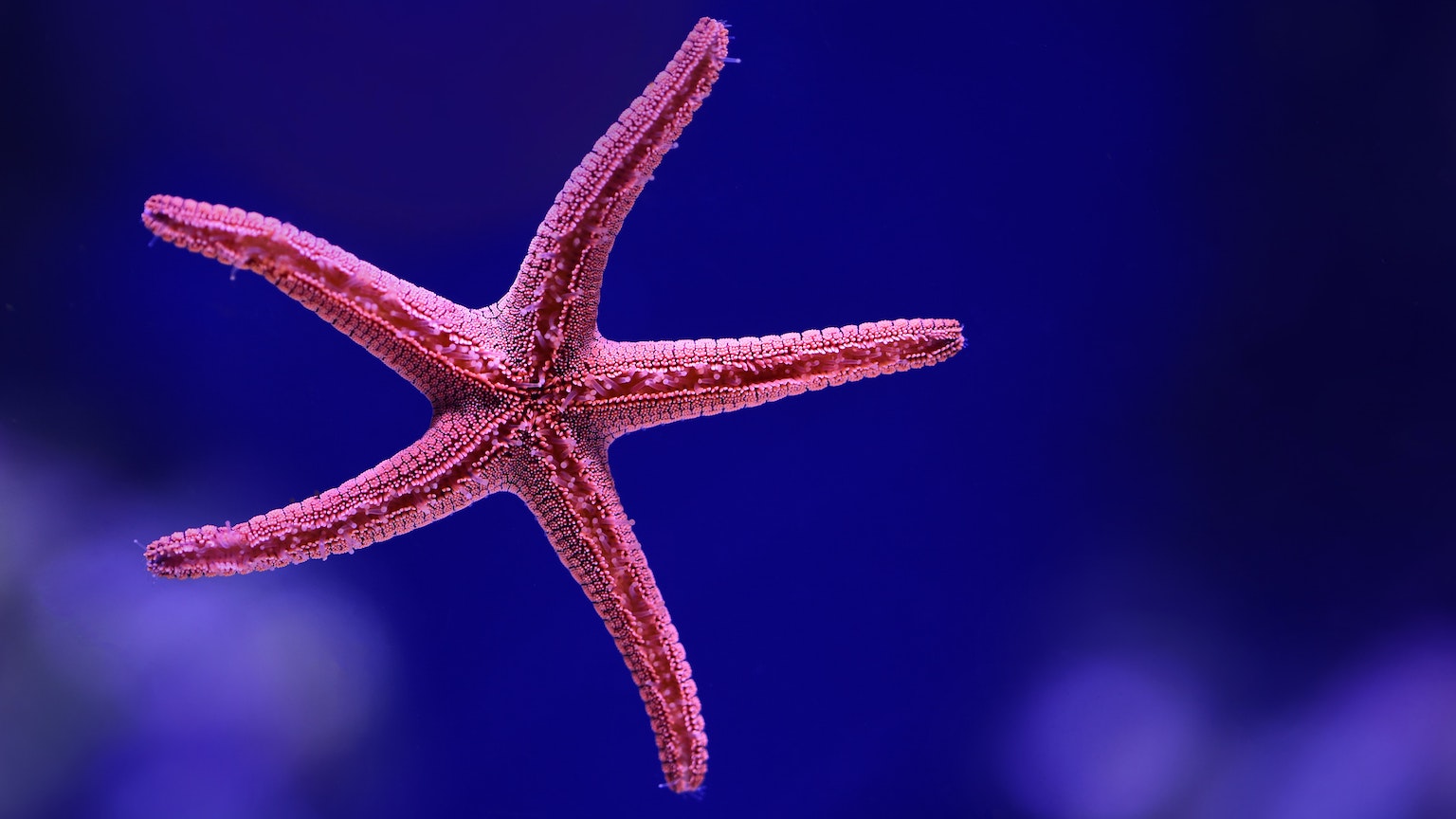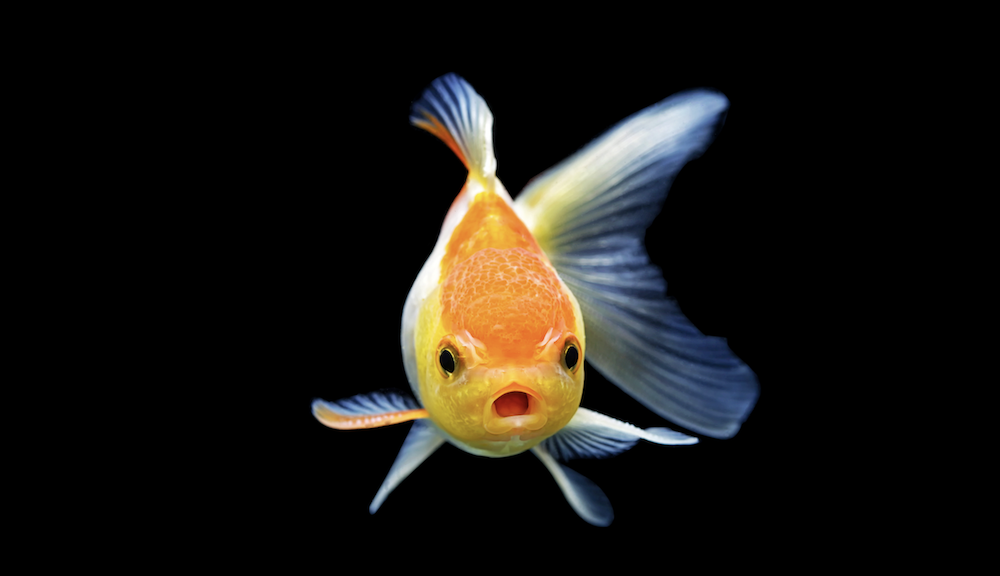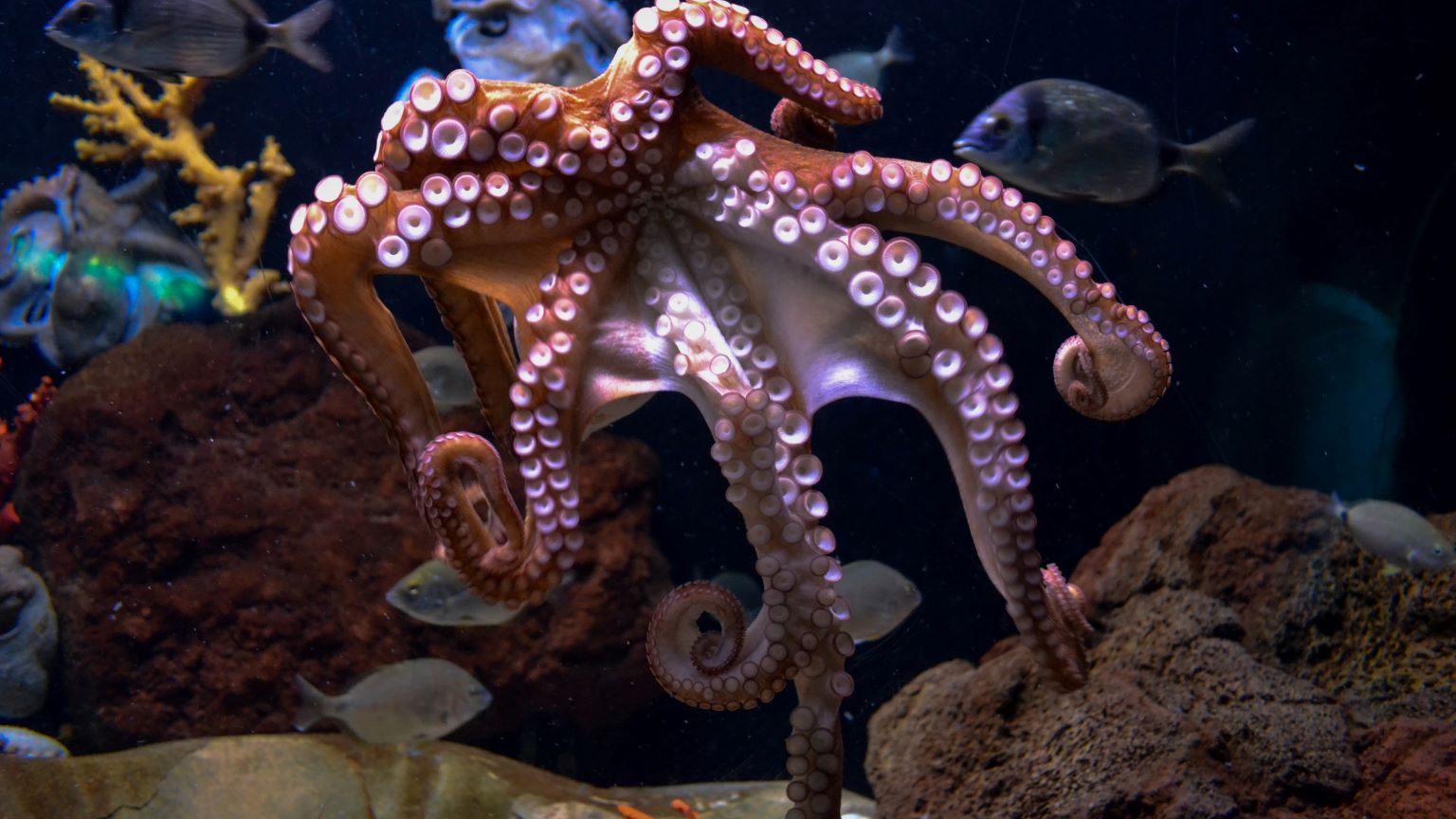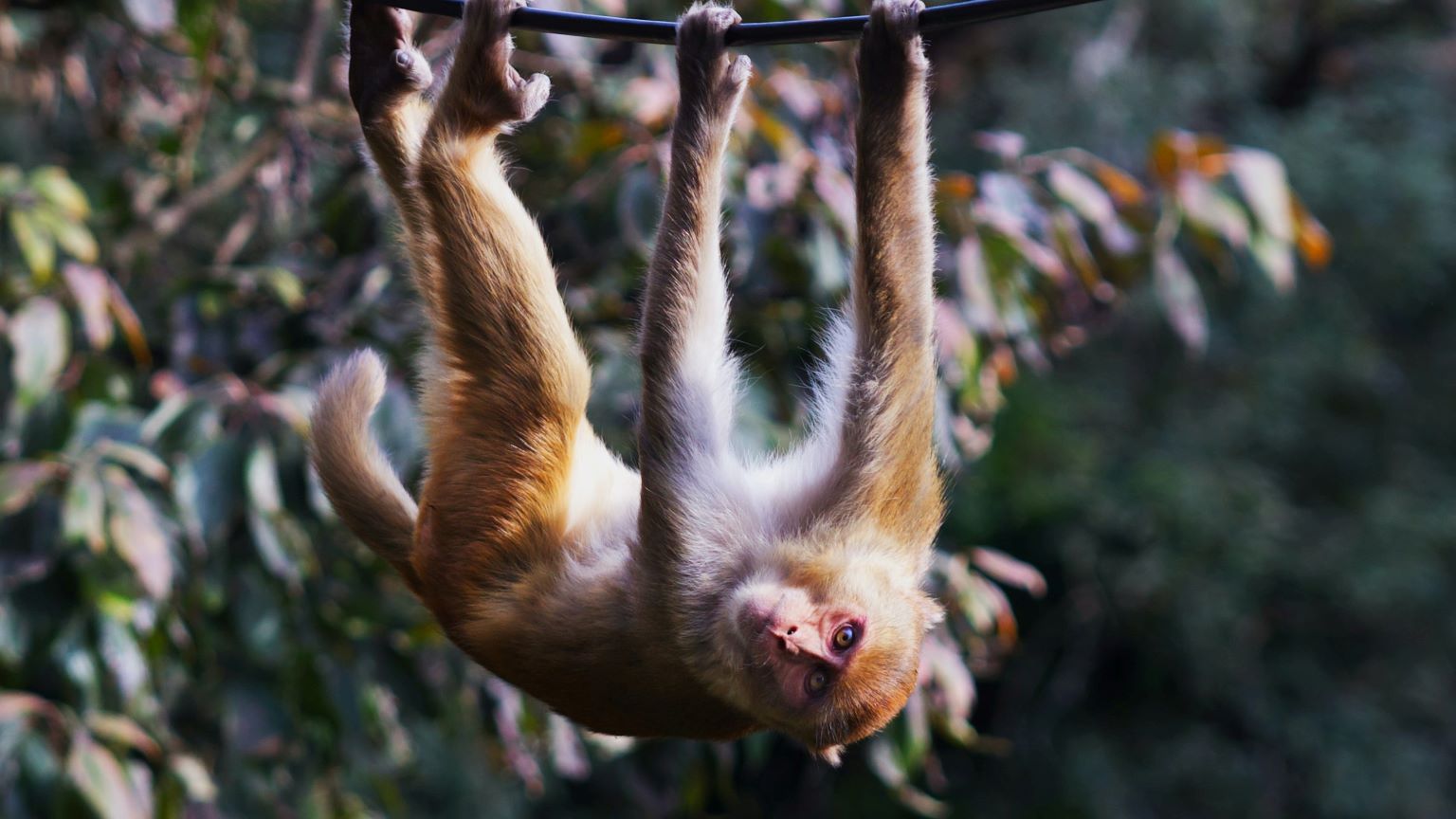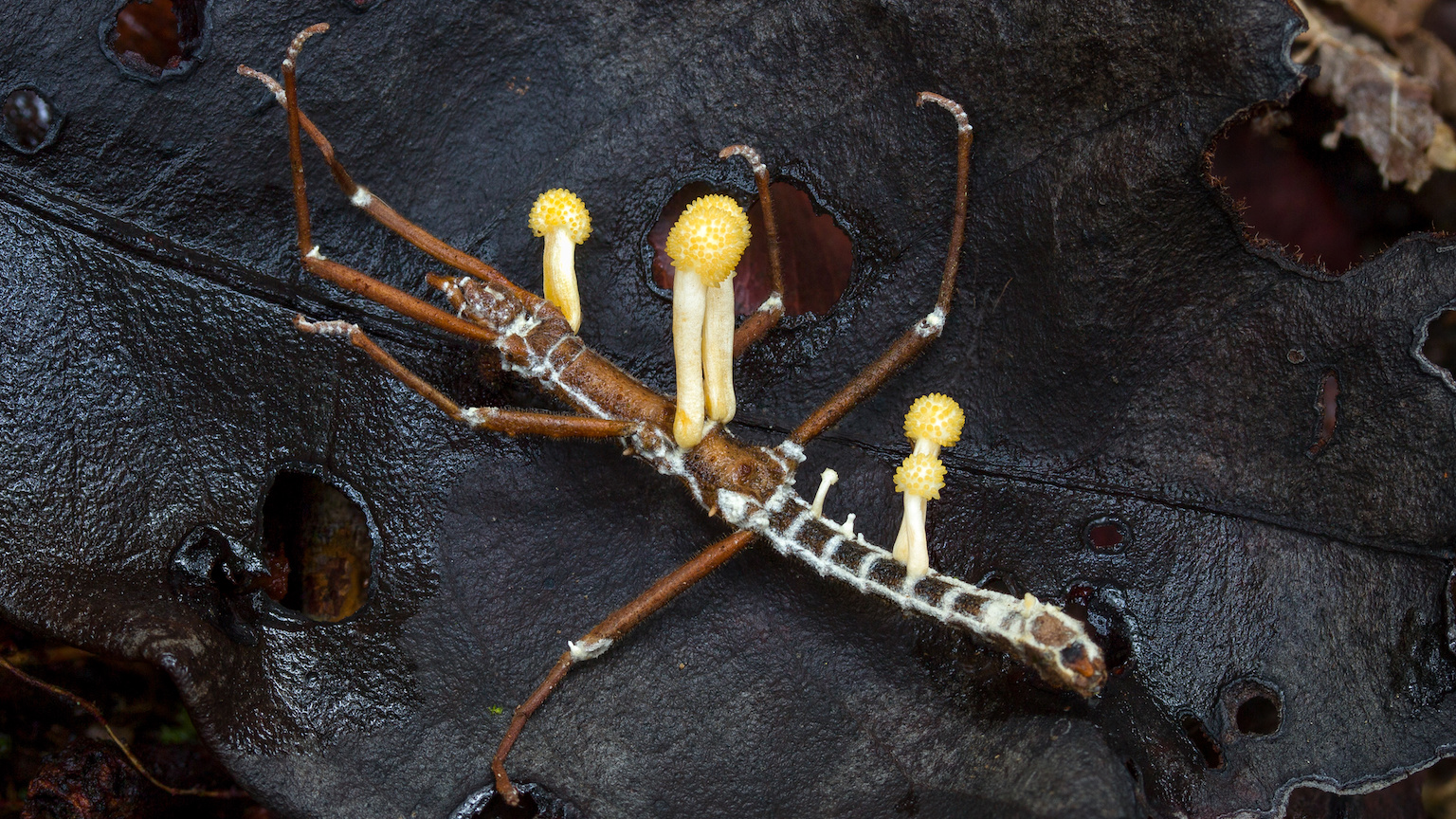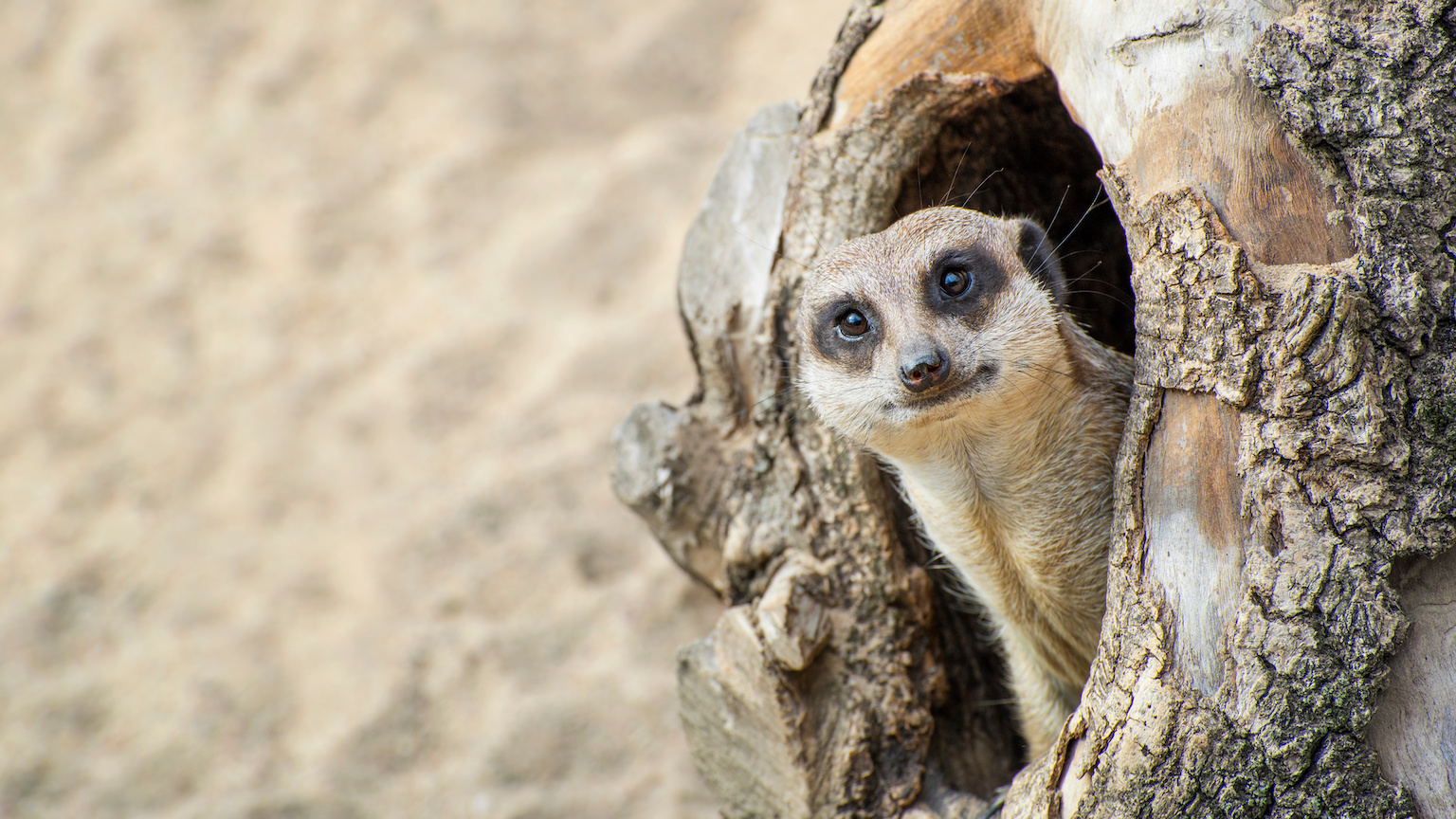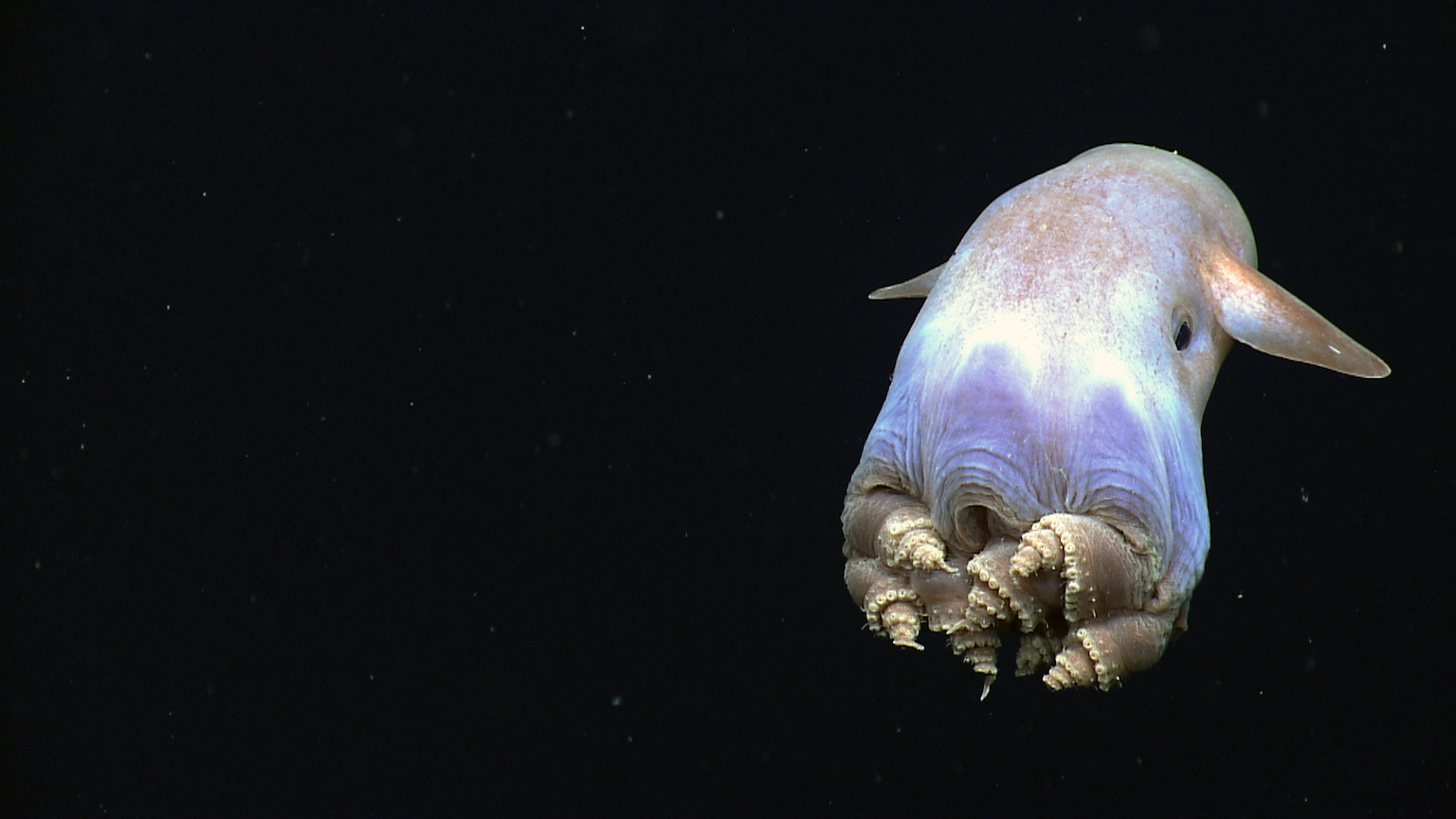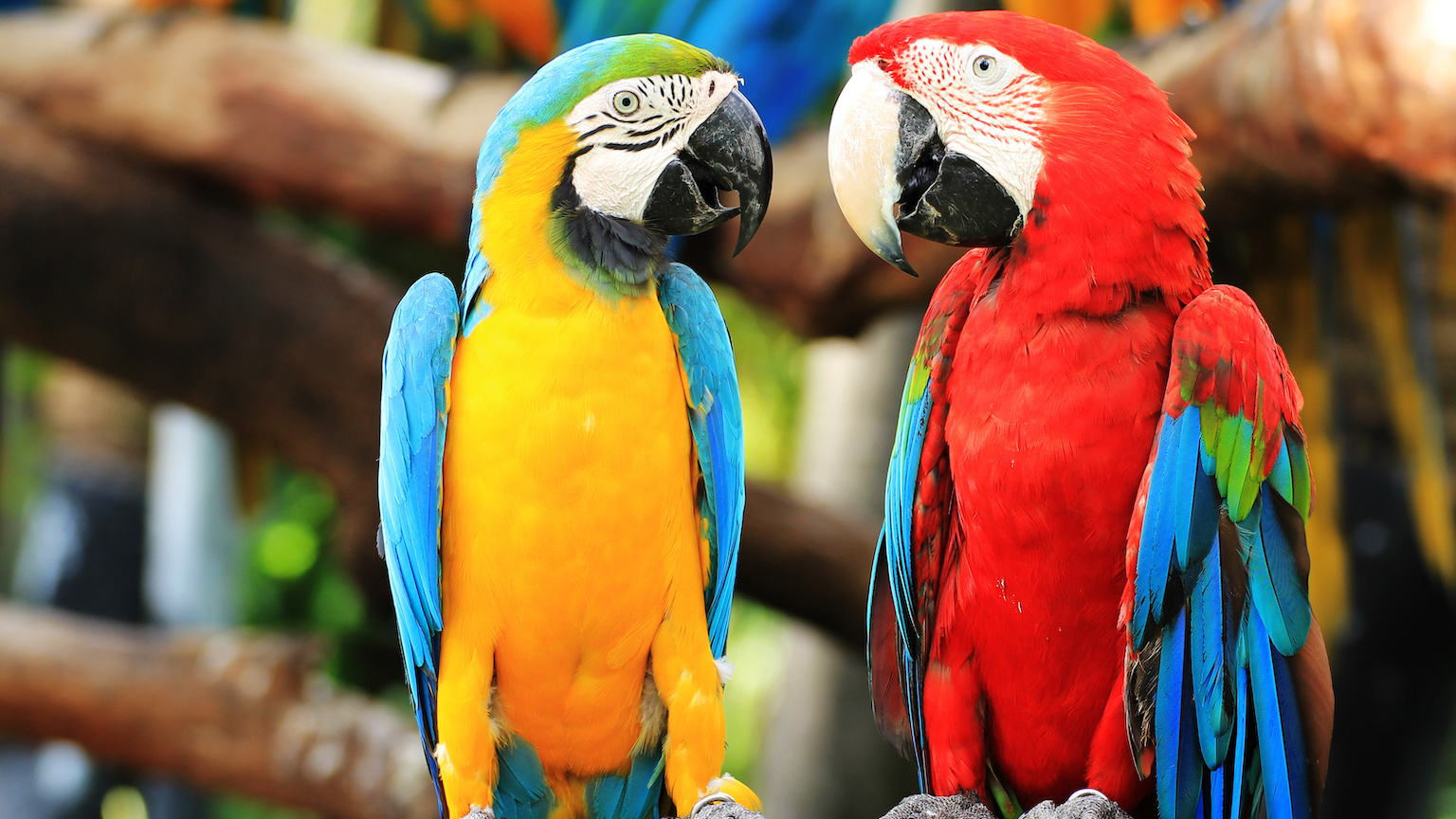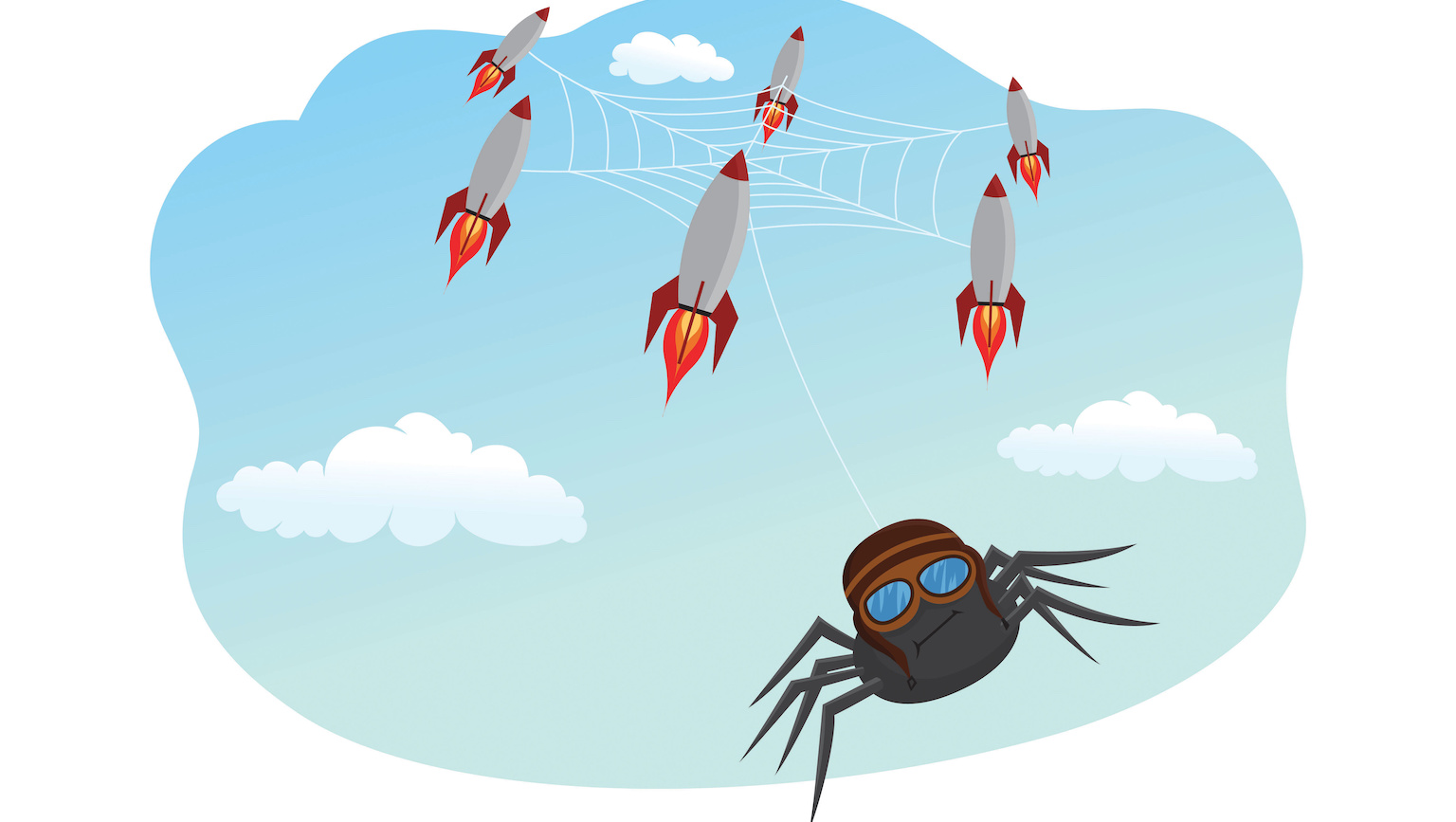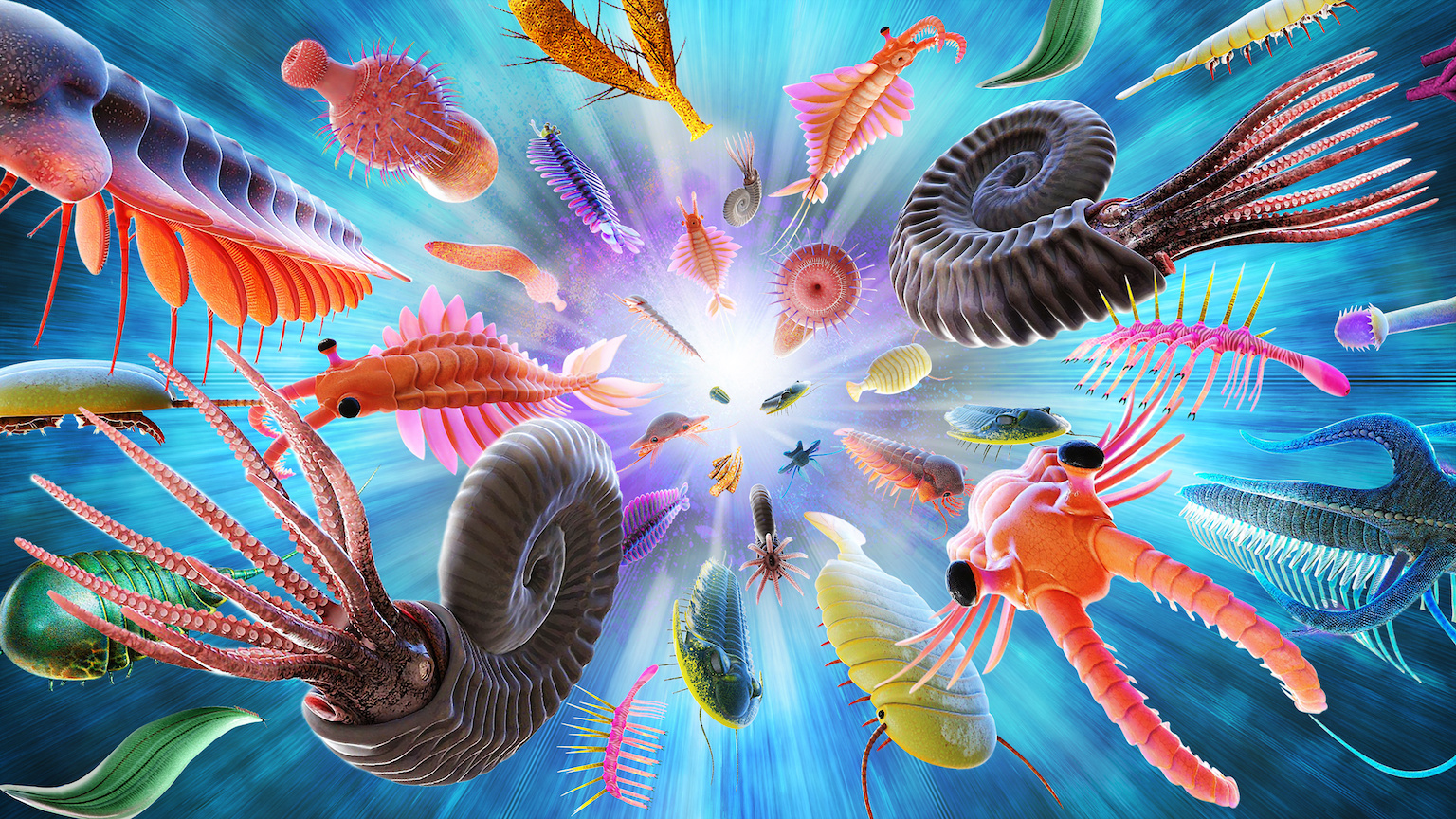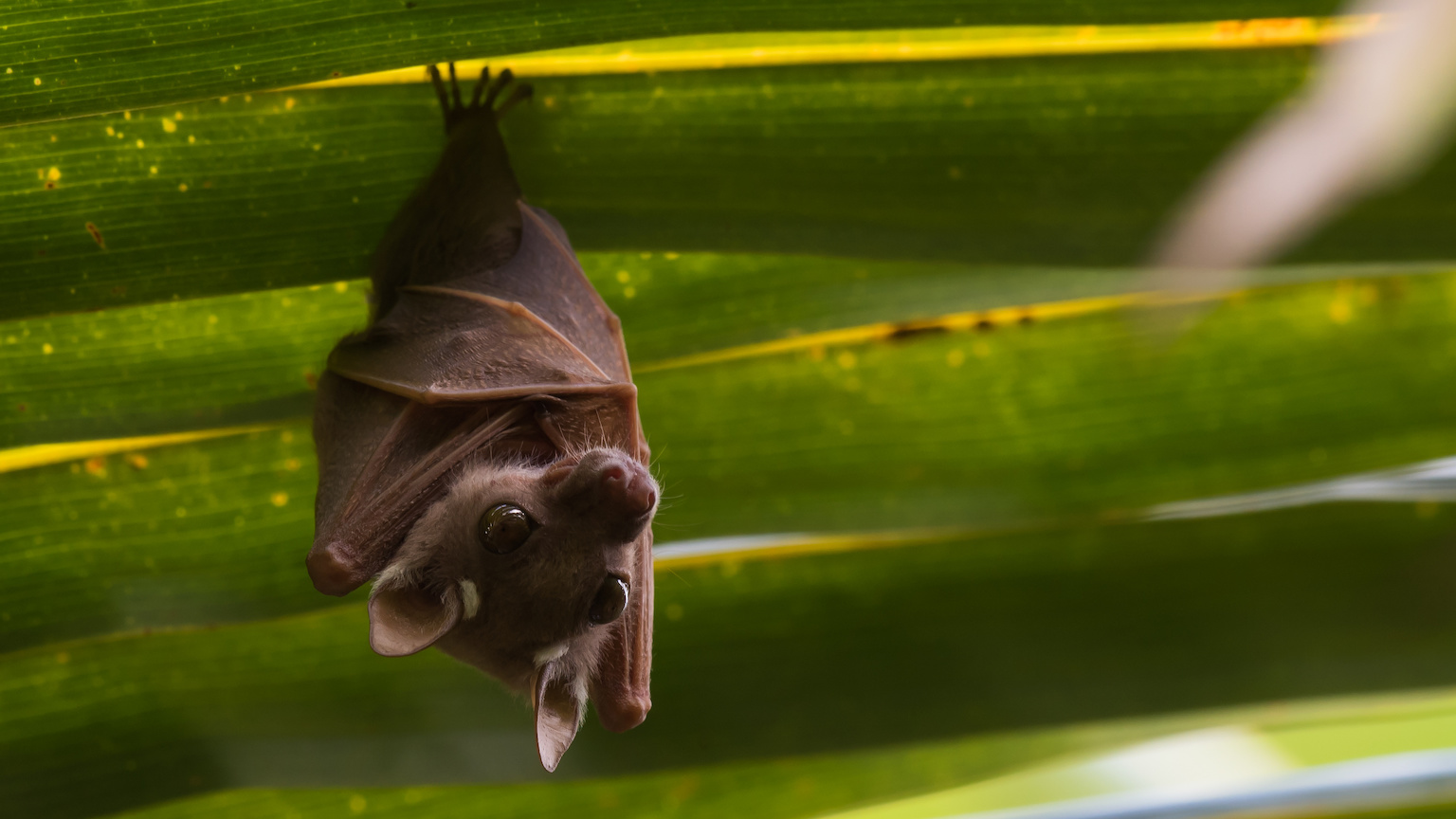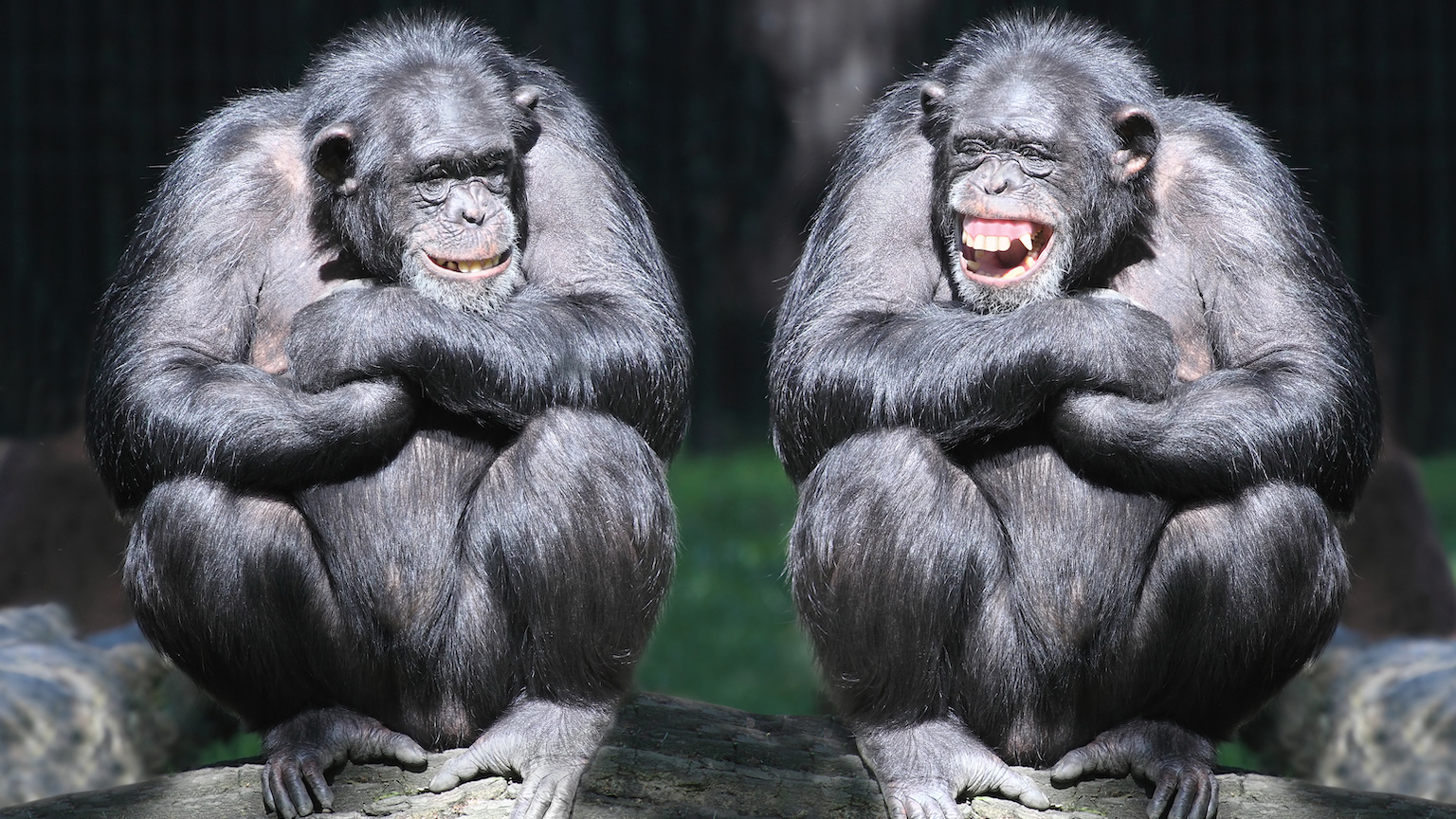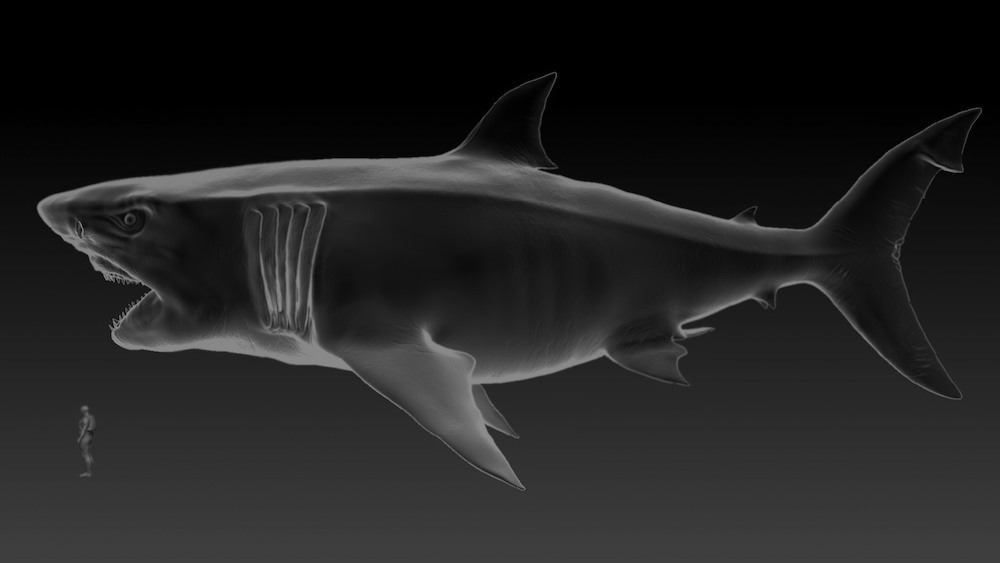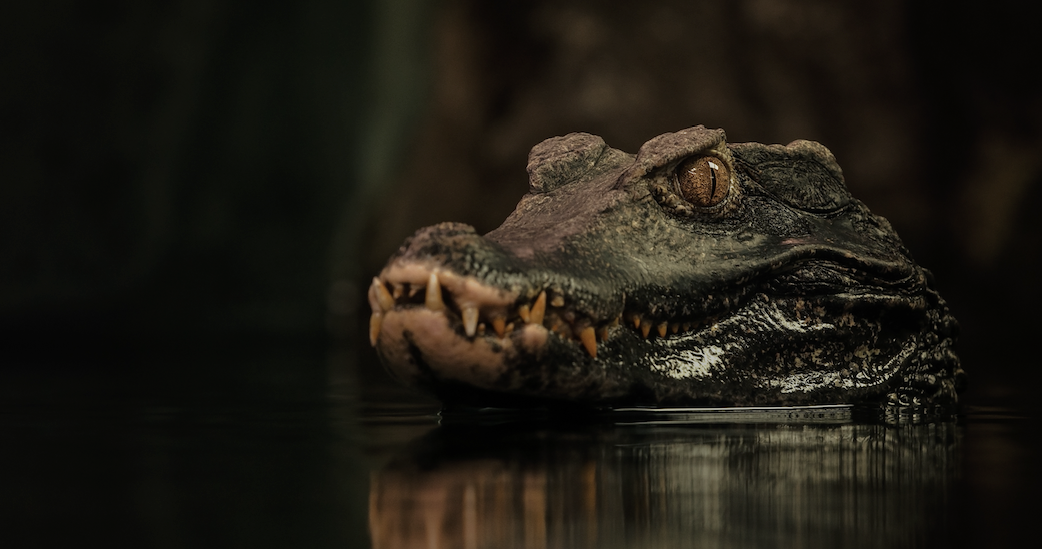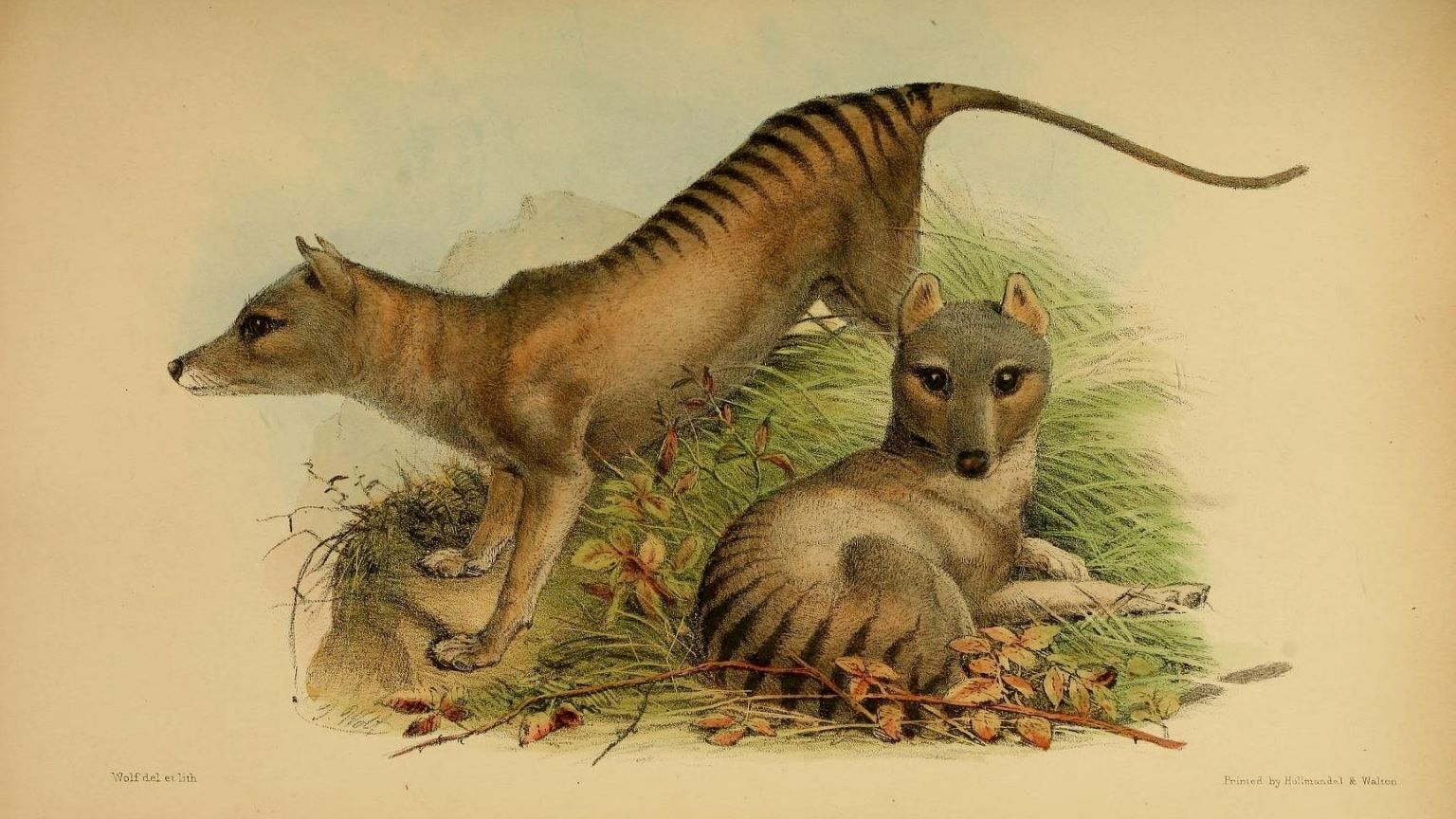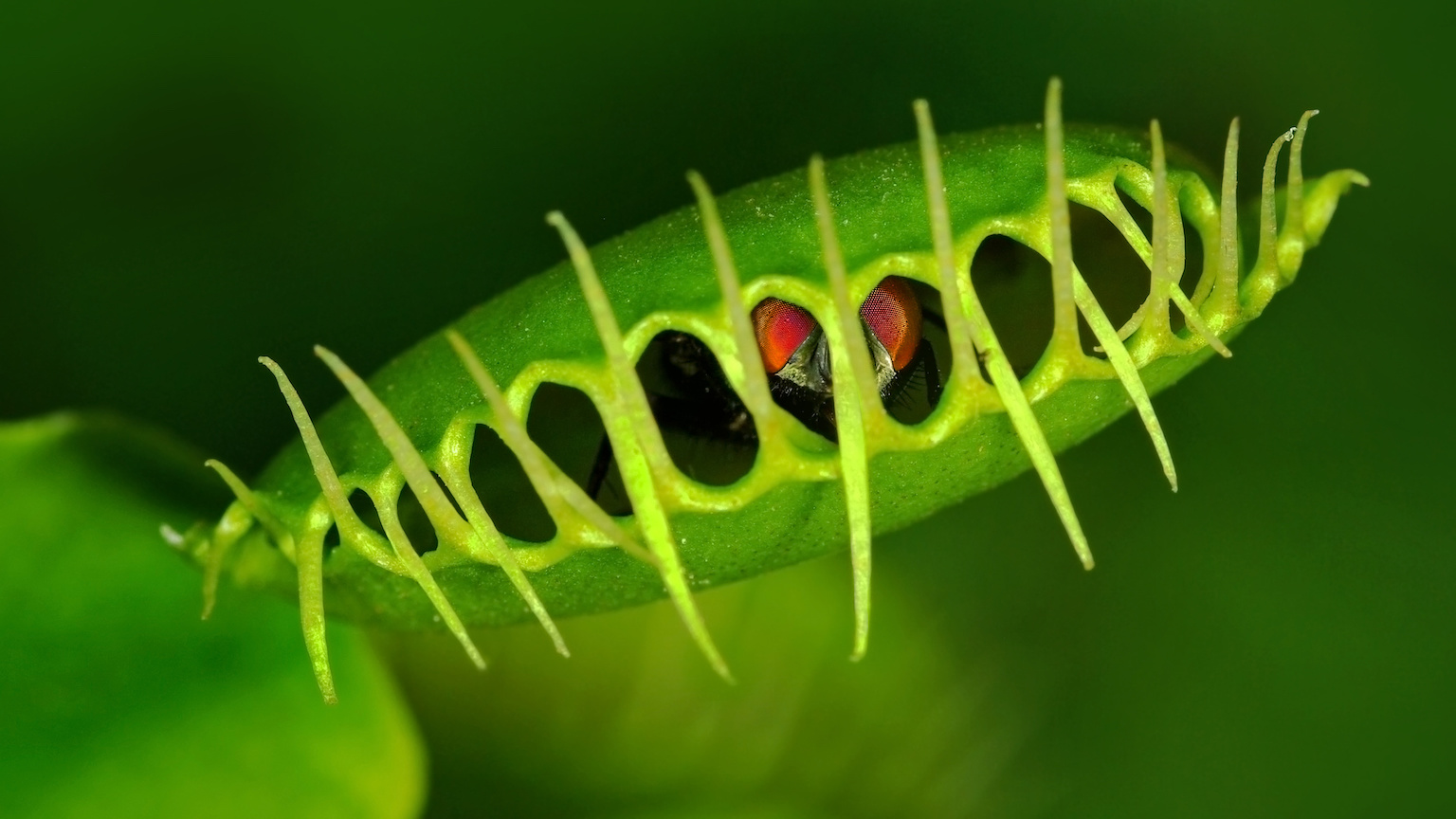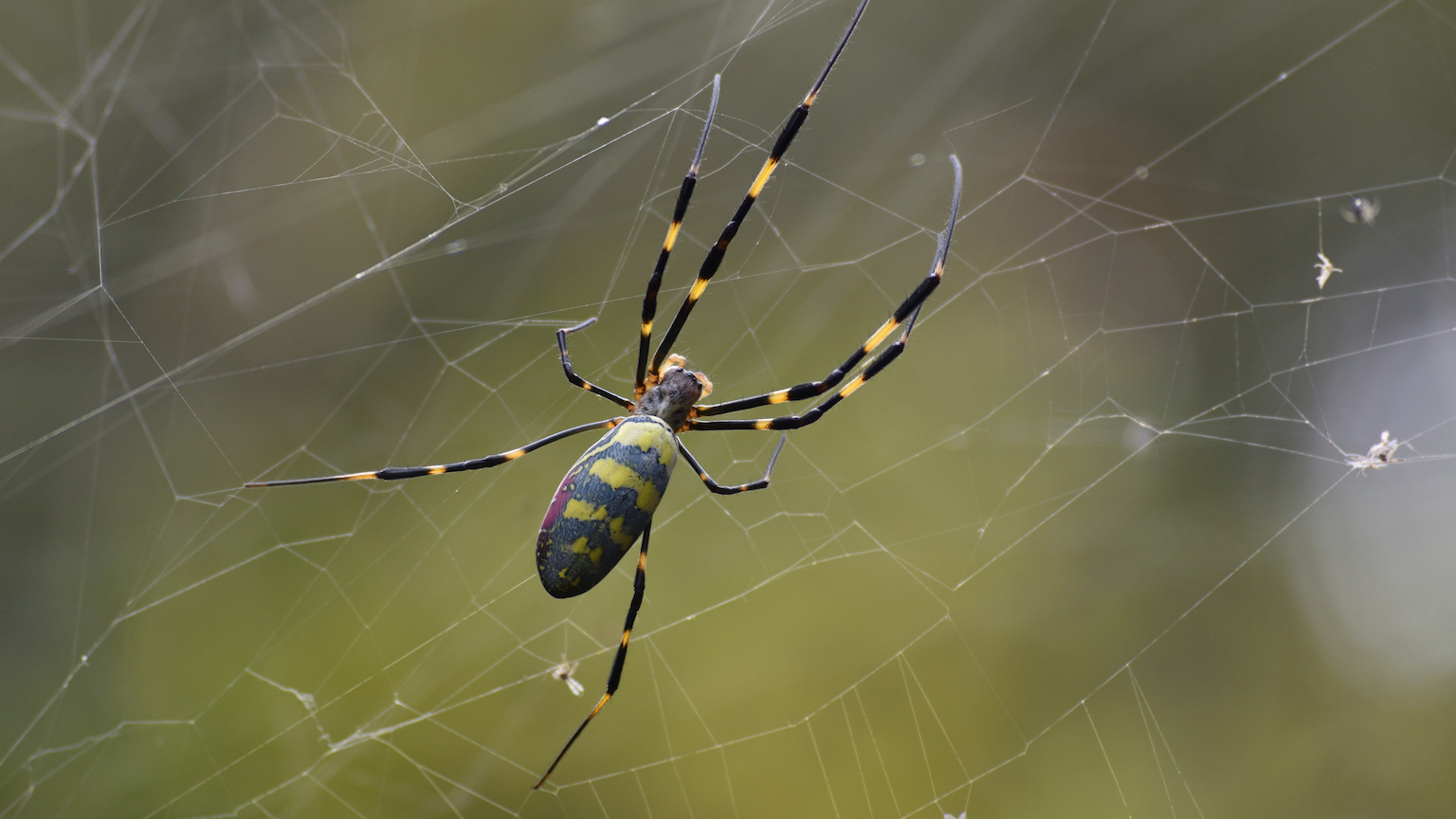animals
Now they’re pointing the way to future battery technologies.
To the ancient Greeks, exotic animals were proof of mythological creatures. To the ancient Romans, they were oddities and adversaries.
Disgusting behavior is often crucial to survival.
From machines to animals, there are many kinds of possible minds.
Was there an intelligent, technologically advanced species long before humans existed? Could there have been a dinosaur civilization?
The apes taught sign language didn’t understand what they were doing. They were merely “aping” their caretakers.
All life forms, anywhere in our Universe, are chemically connected yet completely unique.
Symmetrical objects are less complex than non-symmetrical ones. Perhaps evolution acts as an algorithm with a bias toward simplicity.
Fish are surprisingly good in numbers tests — a skill that sometimes makes the difference between life and death.
Research shows that octopuses are sentient, emotional creatures.
There is strong evidence that invertebrates are sentient beings.
The ability is tied to mental health, consciousness, and memory in humans.
An emerging field studies parasites that take over the nervous system of a host.
There may be thousands of undiscovered mammal species in the world. Most are small, like bats and rodents, but there could be primates, too. A lifeline for Bigfoot enthusiasts?
We should not expect aliens to look anything like us. Creatures that resemble octopuses or birds or even robots are legitimate possibilities.
The results of a recent study found that genetically engineering cats could be a solution to eliminating cat allergies.
Small spiders use their silk threads to passively fly, a process called ballooning. Learning how could help atmospheric scientists.
Scientists across a range of disciplines have helped solve Darwin’s dilemma.
COVID-19 and other microbes have shed light on disease spillover from animals to humans, but we can also spillback disease to wildlife.
Murmurations have no leader and follow no plan.
More than 200 years ago, scientists tried to figure out how bats navigate in the dark (or without eyes). This set in motion a series of events that led to the development of ultrasound as a form of psychotherapy.
Chimpanzees are able to consider the context of social interactions and can accept unfavorable outcomes — sometimes.
Multiple lines of evidence — physical, chemical, and biological — must converge for scientists to conclude that alien life has been found.
The way that the ancient Megalodon adapted to water temperature has important implications for modern marine creatures.
From crocodiles to birds, certain animals managed to survive some of the worst extinction events in world history.
Assume we can make new thylacines, mammoths, diprotodons, or sabre-tooth cats. Great. Now where do we put them?
Anesthesia causes animals and humans to lose consciousness. A study found it has a similar effect on Venus flytraps.
Can a non-native species be a friend instead of a foe?
